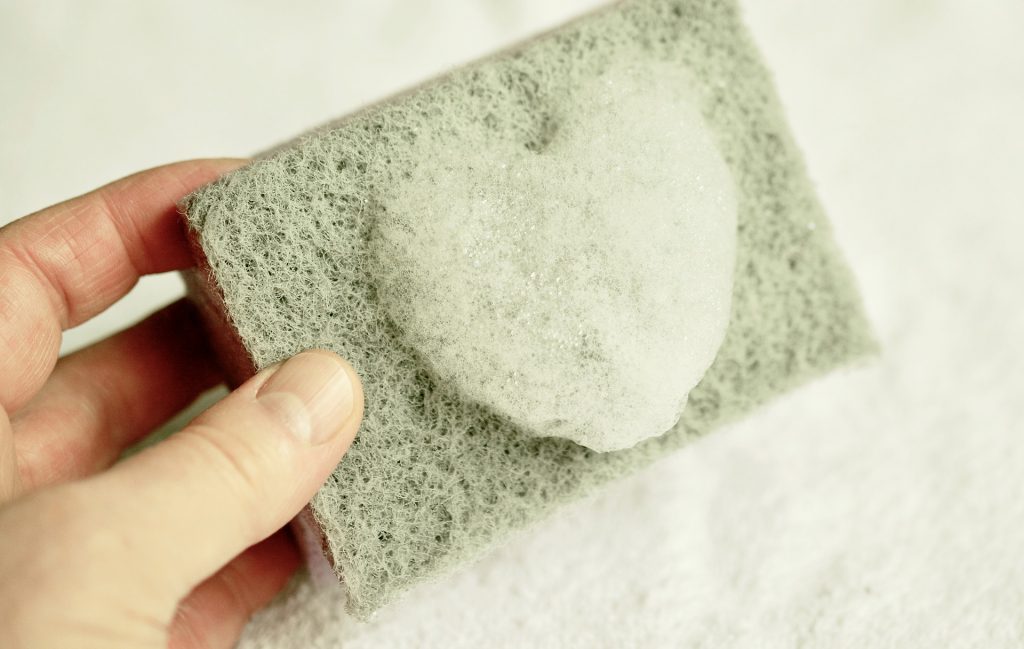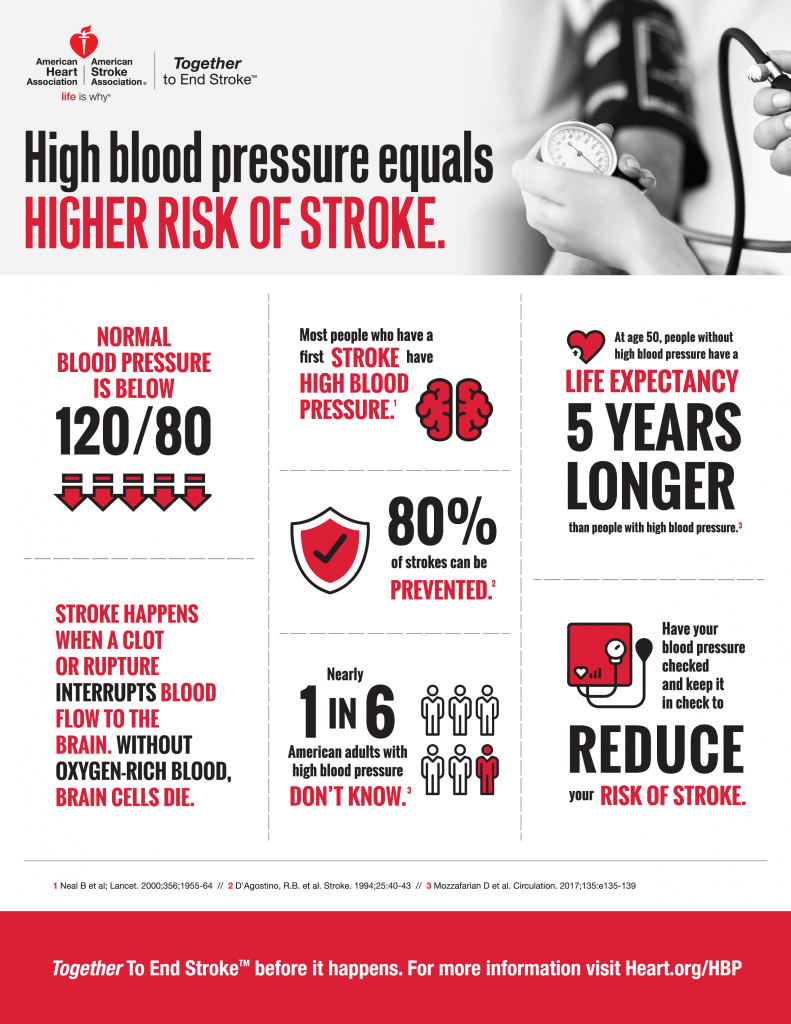When it comes to heart health, it’s important to be aware of risk factors and health indicators long before a problem arises. But the sheer volume of information around preventative measures can be overwhelming. To keep it simple, here are four basic metrics that the American Heart Association recommends tracking on a regular basis. Doing so can help you identify and prevent a heart attack or similar issue down the road.

Blood Pressure
If you track just one measure of heart health, it should be blood pressure, experts say. An elevated blood pressure can have a significant impact on your heart. Talk to your doctor to understand your current blood pressure, and to determine a blood pressure goal. If you track blood pressure at home, make sure you’re getting accurate readings, and continue to see your doctor regularly.
Cholesterol
Because there are different types of cholesterol with different effects on heart health, it’s important to get a reading and understanding from your doctor. Continue to monitor cholesterol with regular blood tests.
Blood Sugar
Blood sugar is important because, when elevated, it’s an early sign of diabetes. Type 2 diabetes can lead to heart disease or stroke. Regularly monitoring blood sugar can alert you of a diabetes risk early, and give you time to make dietary changes.
Sleep
It can be tough to get enough sleep, but it’s important. Adults need at least seven hours of sleep per night – too much or too little can be harmful for your heart. The good news is that sleep is relatively easy to monitor and track, either through a wearable tracker or simply by writing down the number of hours you sleep every night.
What’s one additional way to protect the hearts of those around you? Learn CPR!
HeartCert CPR is offering virtual CPR training options to keep our students safe. Contact us to learn more.
HeartCert CPR is your trusted training partner for CPR, ACLS, PALS, EMR and First Aid in the Twin Cities and throughout greater Minnesota. HeartCert offers a variety of courses, including CPR/AED/First Aid and CPR/AED, Basic Life Support (BLS), Advanced Cardiac Life Support (ACLS), Pediatric Advanced Life Support (PALS), and Certified Nursing Assistant training. Courses and certifications from both the American Heart Association and American Red Cross are available.
Find your CPR class at any of our convenient Twin Cities locations, including our headquarters, HeartCert CPR Eagan.
















